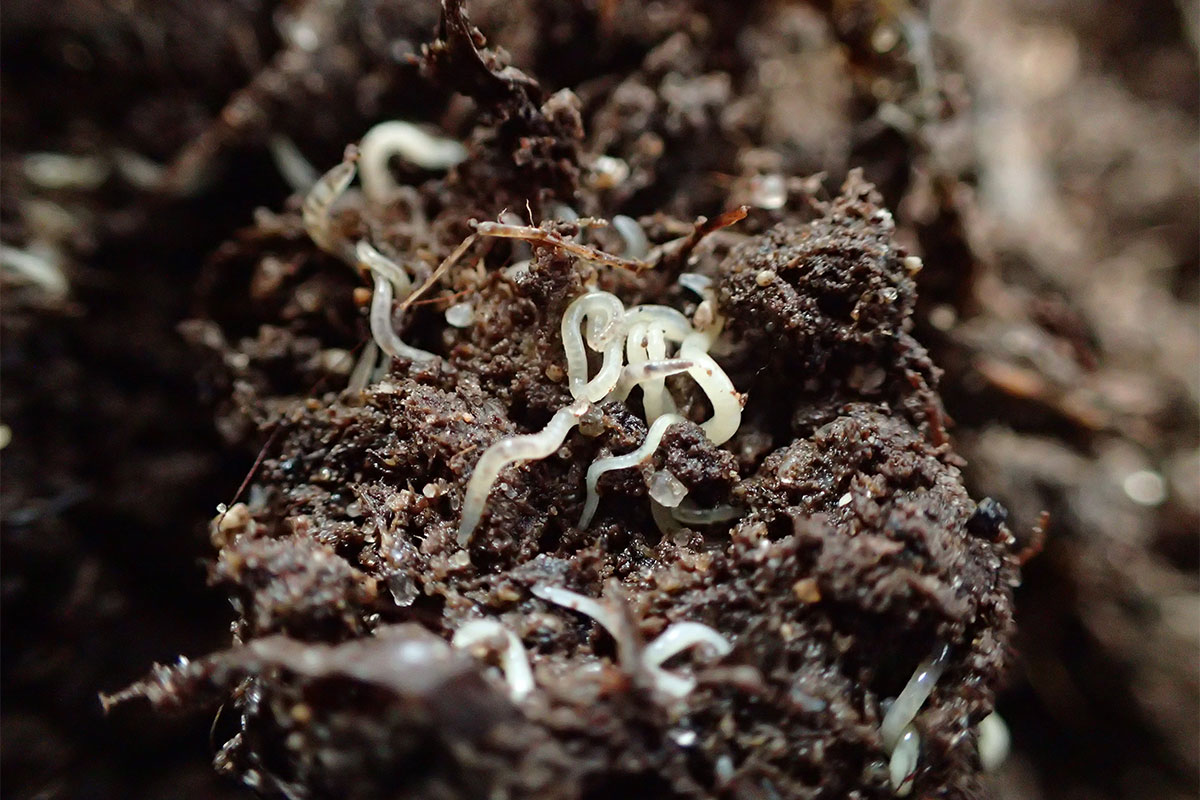
Aquarium fish keepers know that 'white worms' – tiny worms in the genus Enchytraeus – make excellent fish food, but they are not yet available in the quantities needed for commercial aquaculture. The team behind this project point out that enchytraeid worms occur naturally in decaying seaweed, where they can reach enormous densities, and contain high levels of protein and lipids, including valuable long-chain omega-3 fatty acids. They plan to use seaweed for the industrial production of enchytraeid worms to provide a feed ingredient that is better than fishmeal or insects in terms of both quality and sustainability.
- Project locations
- Denmark
- Overall budget
- €166 612
- EU contribution
- €124 95975% of the overall budget
- Project website
- Institut for Ecoscience
Results
- Development of a heat extraction procedure that is more than 90% efficient.
- Trials showed that turbot, flounder and white fish grew better on live worms than on a standard dry feed, while halibut and ballan wrasse grew just as well. The worms were not a suitable live feed for kingfish.
- Enchytraeus worms as live food can replace marine food sources and promote aquaculture, thus easing pressure on wild stocks and reducing greenhouse gas emissions.
Contact
Martin Holmstrup
- Name
- Martin Holmstrup
- Organisation
- Aarhus Universitet, Silkeborg
